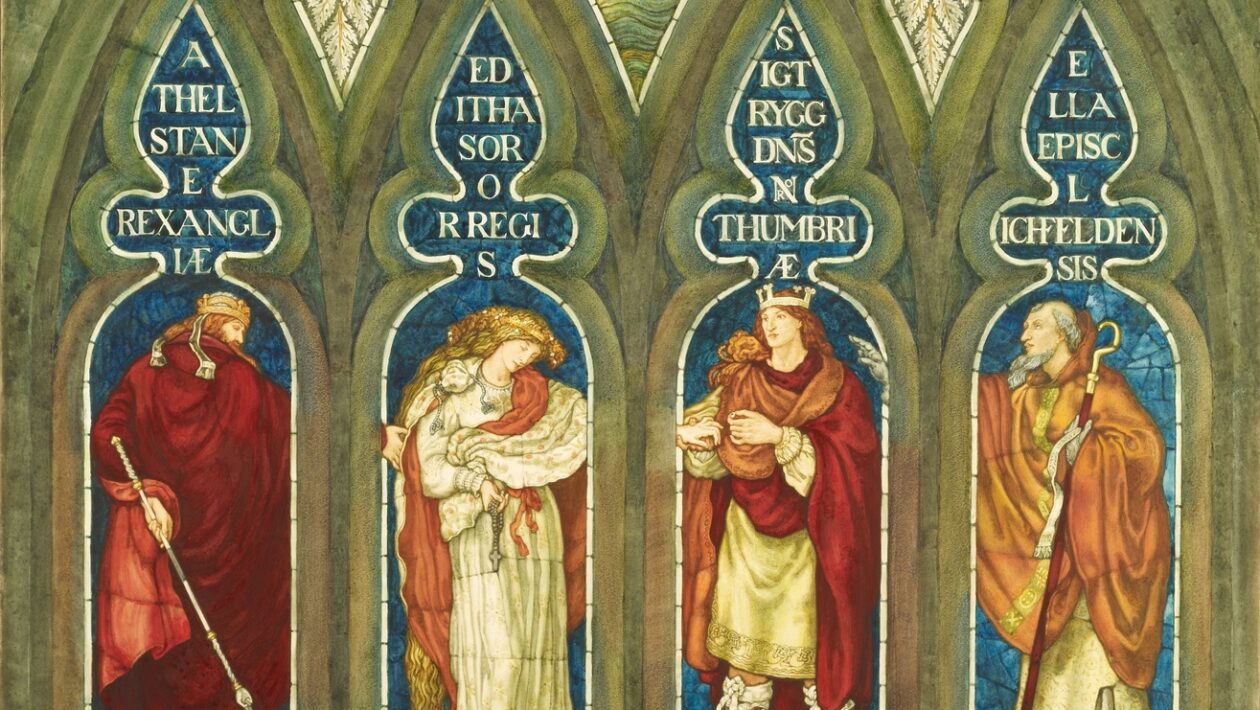The Dawn of Economic Transformation
The Elizabethan era (1558-1603) witnessed the emergence of a thriving merchant class that played a pivotal role in shaping the economic landscape of the time. With exploration, trade, and new opportunities on the horizon, the merchant class rose to prominence, becoming a driving force behind the kingdom’s economic growth.
Trade Routes and Global Exploration
Exploration and overseas trade expanded the horizons of the merchant class. The discovery of new trade routes and access to exotic goods from distant lands fueled economic growth and prosperity. Merchants established connections with regions as far-reaching as Asia, Africa, and the Americas, transforming England into a hub of global trade.
Merchant Guilds and Organizations
Merchant guilds and organizations played a crucial role in fostering economic growth and regulating trade practices. These associations provided a platform for merchants to collaborate, share information, and collectively negotiate favorable terms. By pooling resources and expertise, they contributed to the stability and expansion of trade networks.
Urban Centers of Commerce
Urban centers, such as London and other port cities, became bustling hubs of commerce and trade. Markets, fairs, and trading posts flourished, attracting merchants from various regions. These cities not only facilitated the exchange of goods but also served as cultural melting pots where ideas, languages, and customs converged.
Merchant Ventures and Entrepreneurship
Merchants were pioneers of entrepreneurship, venturing into new markets and taking calculated risks. Their ability to identify opportunities, invest in ventures, and adapt to changing circumstances contributed to their economic success. The merchant class exemplified the spirit of innovation and resourcefulness that defined the era.
Impact on Culture and Society
The economic power of the merchant class had a profound impact on culture and society. Their wealth and influence led to the patronage of the arts, supporting the work of playwrights, poets, and artists. The flourishing of culture not only enriched society but also reflected the economic prosperity of the merchant class.
Role in the Elizabethan Economy
The merchant class played a vital role in driving economic growth and prosperity in Elizabethan England. Their investments, trade relationships, and business acumen fueled industries ranging from textiles to luxury goods. This economic expansion laid the groundwork for the kingdom’s future economic dominance.
Modern Economic Parallels
The rise of the merchant class in the Elizabethan era has parallels in modern economic development. The principles of entrepreneurship, global trade, and innovation remain relevant in contemporary business practices. The legacy of the merchant class serves as a testament to the enduring value of economic ingenuity.
Shaping Economic Dynamics
The merchant class and their economic endeavors played a vital role in shaping the economic dynamics of Elizabethan society. Their contributions to trade, commerce, and cultural patronage left an indelible mark on the kingdom’s history, reminding us of the transformative power of economic growth.
Conclusion
The merchant class of the Elizabethan era were the architects of economic transformation, elevating England’s status as a global trading power. Through exploration, entrepreneurship, and trade networks, they laid the foundation for economic prosperity and cultural advancement. By examining their role, we gain insight into the vibrant economic tapestry that defined the era and continues to inspire economic progress today.

